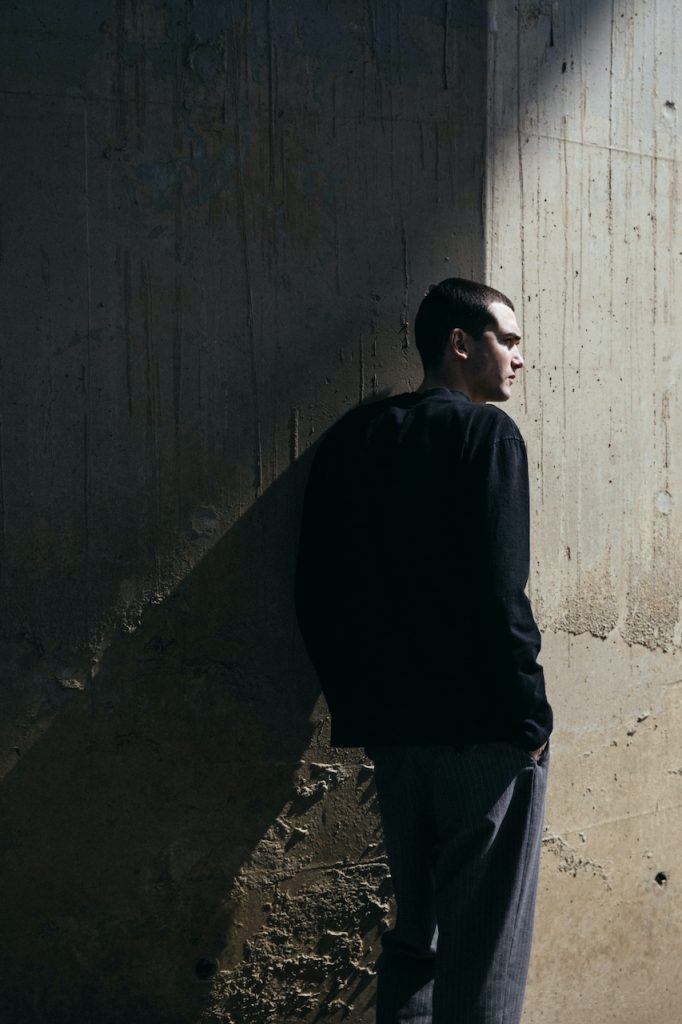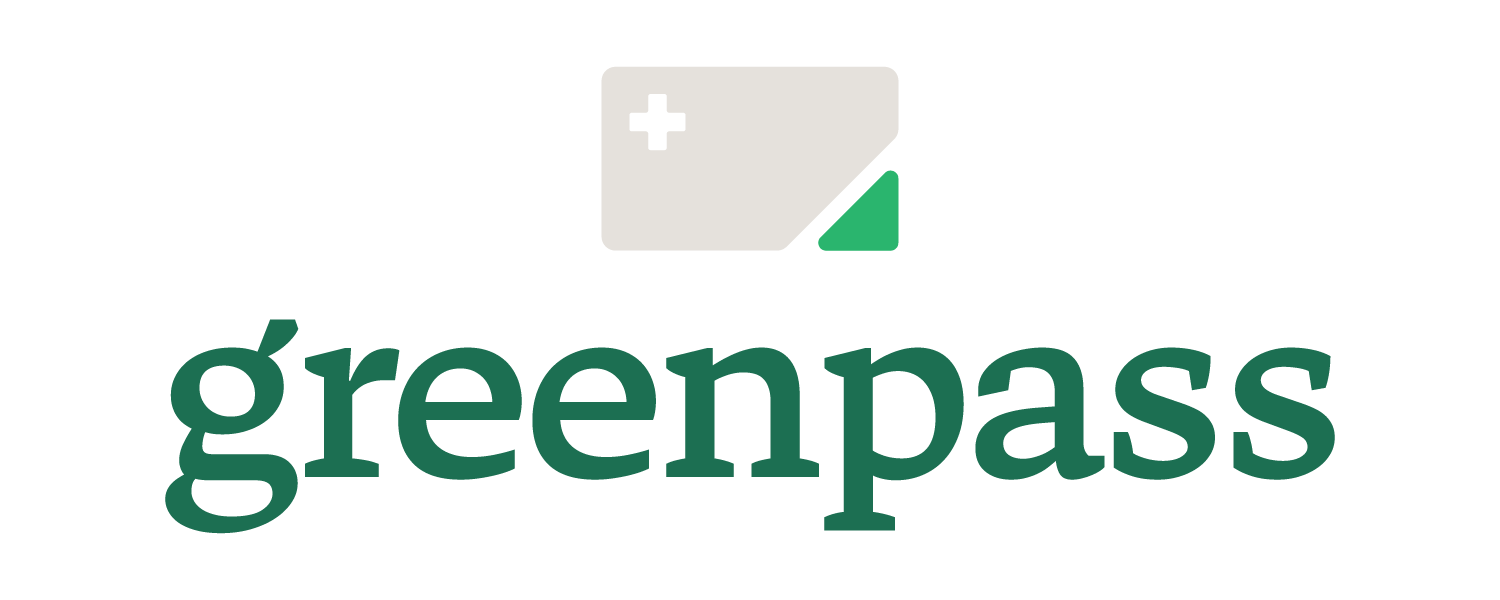Anxiety and depression are commonplace in today’s society. With the fast-paced lifestyle that we lead, it’s difficult to avoid feeling overwhelmed and stressed. People with anxiety and depression are often prescribed medication such as anti-depressants or anti-anxiety pills to manage their symptoms. However, there’s a lesser known alternative that is now making the rounds in the medical world – THC. THC or Tetrahydrocannabinol is a psychoactive component found in the cannabis plant.
How does THC work?
Firstly, let’s talk about THC and how it functions. THC binds to receptors in the brain that affect mood and behavior. It’s known to stimulate the production of dopamine, which creates feelings of euphoria, pleasure, and relaxation. Studies suggest that individuals who consume THC report a reduction in their anxiety levels. A survey conducted on 170 PD patients found that the use of cannabis oil reduced anxiety symptoms scores in 79.2% of the patients. However, It’s important to realize that everyone’s body and cannabinoid receptors are diverse, so it might not be effective for everyone.
What is anxiety?
Anxiety often leads to insomnia, the inability to sleep or stay asleep. THC has been known to promote sleep by relaxing the body and mind, however, smoking weed and then sleeping carries its own risks. Not only does smoking marijuana damage the lungs and respiratory system, but it can also affect the quality of sleep that you receive. While THC can help cope with insomnia, it’s essential to trust the source and quality of your marijuana and consume it cautiously. A common mistake is taking too much and causing the opposite effect of anxiety because consumed in high doses, THC can aggravate anxiety prompting paranoia.
Using THC for depression

Several studies have shown how THC can help with treatment-resistant depression. A small study showed that THC could reduce the symptoms of depression in as few as two hours after consumption. Researchers have also found that medical marijuana patients report fewer symptoms of depression and anxiety than non-users and that people who consume marijuana daily for depression have elevated levels of endocannabinoids, similar to those of those without a depression diagnosis.
Finally, it’s important to note that everyone’s body is diverse, and every strain of marijuana’s cannabinoid profile is different. Medical marijuana patients often receive a personalized prescription that suits their specific symptoms. In general, low to moderate doses of THC have shown to be effective when it comes to treating anxiety and depression as high levels of THC may actually exacerbate the negative symptoms. Users also need to be mindful of the effects of THC. For instance, THC can cause dry mouth and eyes, impaired motor skills, and a dull sense of reality.
In many states like Missouri and Ohio, anxiety and depression are included in the list of qualifying conditions. This means patients can procure THC to assist with their symptoms. You can learn more about qualifying conditions on the greenpass website.
Conclusion
In summary, while medical marijuana may be effective for some people with anxiety and depression, it’s essential to approach it with caution. THC may have side effects and should be consumed in moderation, particularly for individuals new to this type of treatment. Consulting with a medical professional or doctor is encouraged before attempting any treatment with THC. There is a wealth of research available that demonstrates the benefits of THC in reducing anxiety and depression symptoms. With responsible use and correct dosage, THC has the potential to be life-changing for those suffering from anxiety or depression.
Here’s what you need to know:
- THC, or Tetrahydrocannabinol, is a psychoactive component found in the cannabis plant that may help in managing symptoms of anxiety and depression.
- Studies have shown that consuming THC can reduce anxiety levels and promote sleep due to its relaxing effect.
- High doses of THC which can result in paranoia and other unwanted effects, so moderation must be exercised.
- Several studies have demonstrated the benefits of THC for treating treatment-resistant depression.
- Medical marijuana is often tailored to individual needs, and responsible use with correct dosage may be life-changing for those suffering from anxiety or depression.
